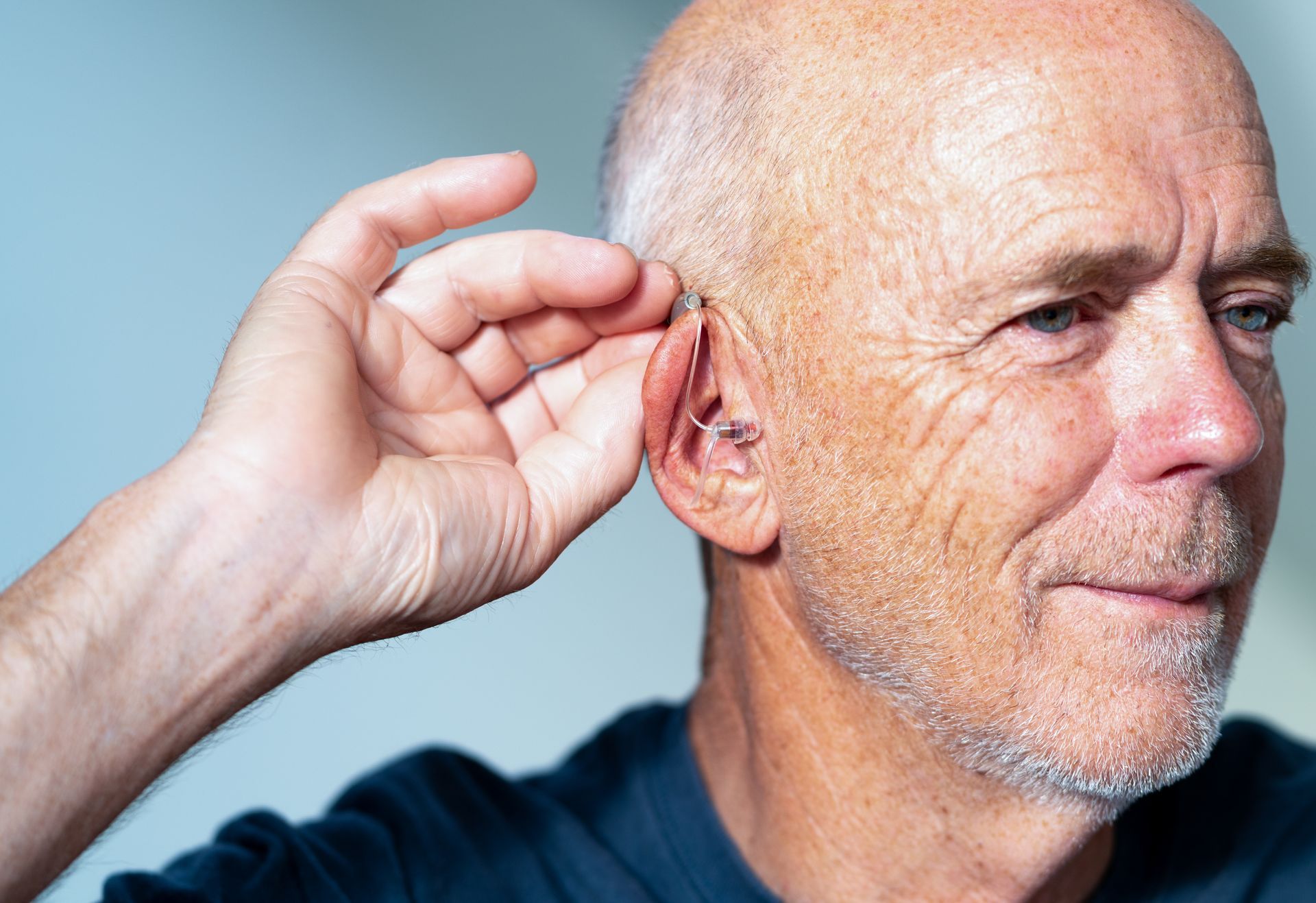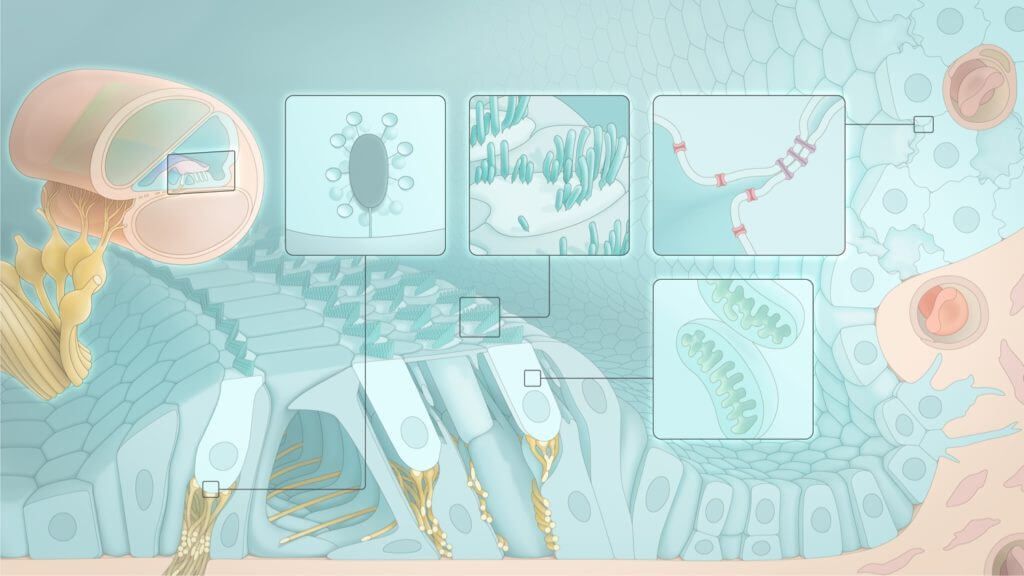What is The Connection Between Neuroplasticity and Hearing Loss Treatment?
Your brain is incredibly adaptative to change. This can be seen both when you experience hearing loss as well as when you receive treatment for it.
What is Neuroplasticity?
The ability of the brain to adapt by forming new neural connections is called neuroplasticity. It can happen as a response to:
- Receiving new information
- Sensory stimulation
- Damage or disease to certain parts of the brain
- Other changes in environment
Hearing Loss Changes Your Brain
Hearing loss can change your brain by depriving it of stimulation. This happens for two reasons:
- Because you can no longer hear certain sounds, the parts of the brain that process that sound don’t receive enough stimulation.
- Hearing loss can make social situations frustrating. As interacting with others becomes more difficult, you may isolate and engage less with others.
This lack of stimulation may cause structural and functional brain changes. The parts that process sound may shrink or be recruited by other areas of the brain responsible for vision and touch.
Hearing Aids May Reverse Brain Changes
While your brain can change in response to hearing loss, there is also evidence that these changes can be reversed with hearing aids.
A study conducted in 2020 tested the cognitive function of 28 adults with mild to moderate age-related hearing loss against 13 adults with normal hearing.
Participants were evaluated once while their hearing loss was untreated, then given hearing aids to wear for six months and were evaluated again.
The baseline exam indicated that participants with age-related hearing loss showed evidence of recruitment during a visual processing task. They also had poorer speech perception and worse cognitive function than those with normal hearing.
However, after six months of using hearing aids, there was a reversal of recruitment, as well as noticeably improved speech perception and cognitive performance.
Treat Hearing Loss to Prevent Cognitive Decline
Hearing loss comes on gradually and is almost always progressive. By diagnosing it and treating it early, you are not only protecting your hearing health but your cognitive function as well.
Hearing aids help you pick up on sounds and speech you were previously missing, which helps stimulate your brain. They also make it easier to converse with others, making you less likely to isolate and more inclined to go out to dinner with friends at Sails Restaurant.
If you are concerned about your hearing, take control of your health and call Center For Hearing today to schedule an appointment.
- Understanding Infant Hearing Loss
- The Relationship Between Exercise and Hearing Loss
- Muffled Hearing: Common Causes and Solutions



